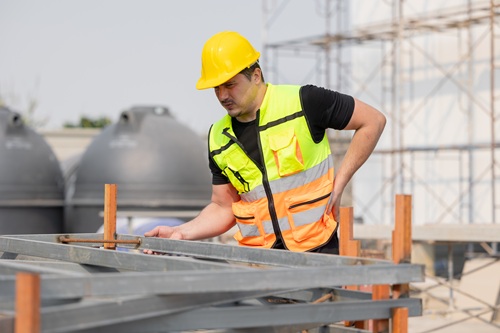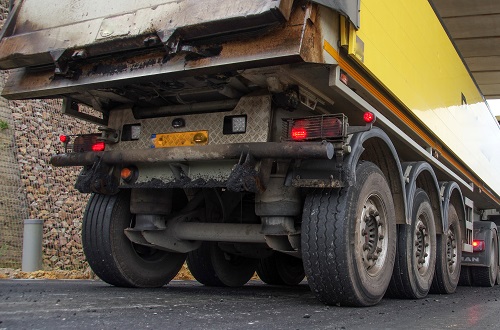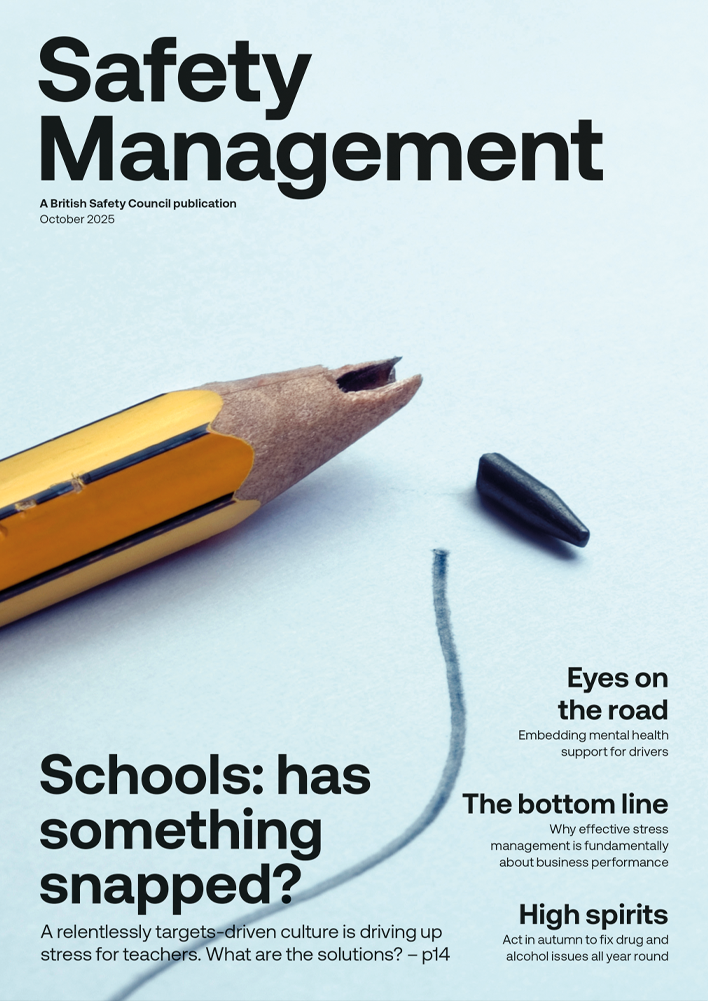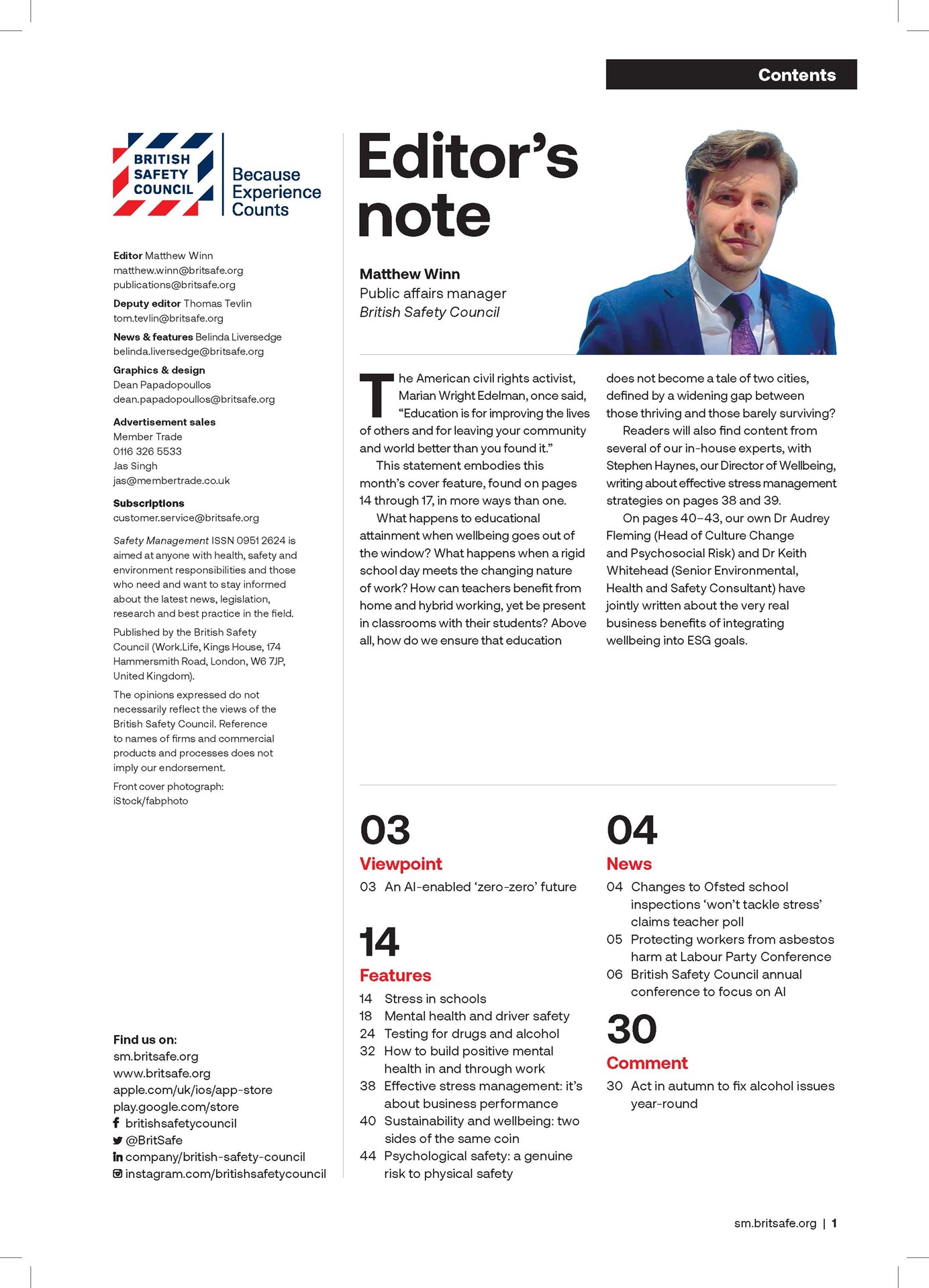Protesters gathered outside Oxford Street fashion shops in a ‘Cost of Fashion’ walking demonstration on Sunday 23 April.
News
Group calls for end to ‘death trap’ workplaces in garment trade
They were marking the 10th anniversary of the Rana Plaza factory collapse in Bangladesh in which 1,132 garment workers were killed.
Labour Behind the Label, a UK charity which campaigns to improve working conditions in global supply chains, said that “death-trap” workplaces were still an issue today: “Clothing brands pocket huge profits,” said Maya Thomas-Davis from Labour Behind the Label.
“Brands must clean up their act, stop driving a global race-to-the-bottom in working conditions, and sign the International Accord to guarantee factory safety through independent oversight and trade union power.”
 The collapse of the Rana Plaza building in Dhaka, Bangladesh, was one of the worst industrial accidents on record. Photograph: Flickr / rijans
The collapse of the Rana Plaza building in Dhaka, Bangladesh, was one of the worst industrial accidents on record. Photograph: Flickr / rijans
More than 220 brands and retailers including ASOS, Marks & Spencer and John Lewis have signed up to the International Accord, a legally binding programme. Signatories have made improvements in clothing factories in Bangladesh, including installing fire doors and fire alarms, as well as clamping down on excessive working hours and gender-based violence.
Meanwhile, 27 UK MPs called for a debate on ‘ongoing poor labour conditions’ in the garment industry.
The Early Day Motion (EDM), sponsored by Labour MP Apsana Begum, spoke of a “high incidence of work-related accidents and deaths, faced by workers in the garment sector worldwide.”
“Since the Covid-19 pandemic there is evidence of worsening health and safety standards, increased gender discrimination and reports of concerning levels of workplace gender-based violence and harassment,” said the EDM.
The Rana Plaza building collapse was one of the worst industrial accidents on record. It killed at least 1,132 workers, who were mostly women, and injured more than 2,500. The tragedy has become a symbol of the fashion industry’s impact and need for reform.
Sign the accord: internationalaccord.org
NEWS

Top jobs in safety in greatest demand right now, says recruiter
By Belinda Liversedge on 29 October 2025
Senior safety professionals who can influence culture, lead transformation, and align health and safety with wider business goals are in growing demand by employers, the recruiter Irwin & Colton have said.

HSE inspectors target Manchester construction sites as part of health drive
By Belinda Liversedge on 28 October 2025
HSE inspectors made a series of proactive inspections last week in Manchester city centre to tackle ill-health on construction sites.

Headline fines highlight common errors in reversing
By Belinda Liversedge on 24 October 2025
Reversing incidents have come into sharp focus in recent months, says HSE with two high profile fines totalling £3.5 million for the death of two workers.



